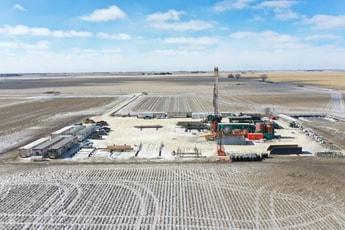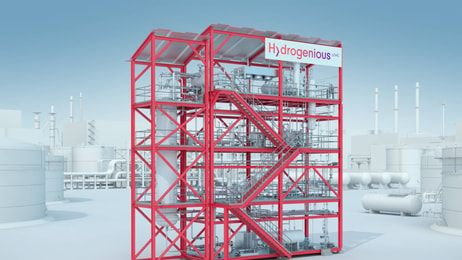Geologic hydrogen needs intensive R&D, says study
Geologic hydrogen is high-risk but high-reward due to challenges related to limited, non-real-world knowledge, according to a new study.
Geologic hydrogen, also known as white or natural hydrogen, is formed inside the Earth’s crust through natural processes in areas of iron-rich rock and can accumulate in underground reservoirs.
Its potential as a clean and low-cost source of hydrogen has been growing in recent years, as various companies and governments start exploration efforts.
Early last year, Rystad Energy estimated that 40 companies were searching for natural hydrogen deposits, up from just 10 in 2020.
... to continue reading you must be subscribed
























